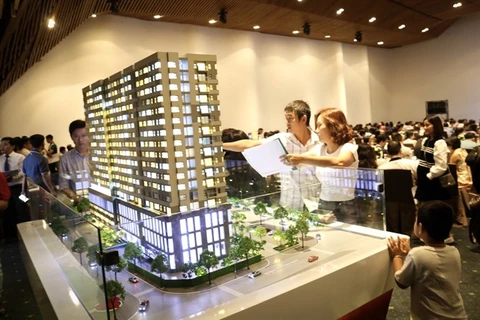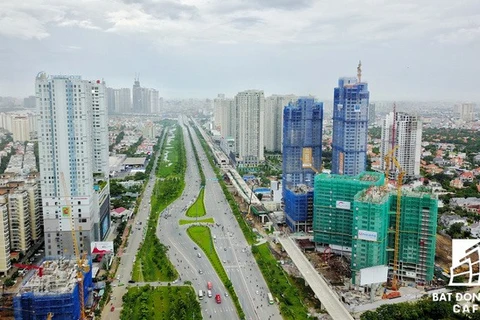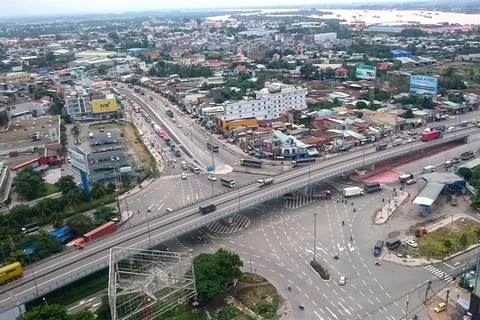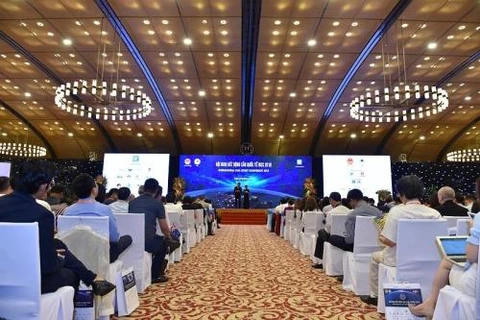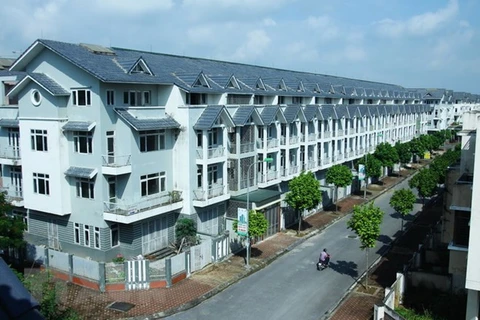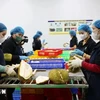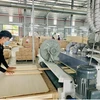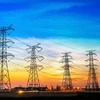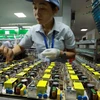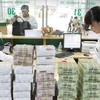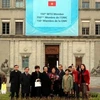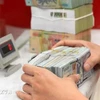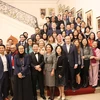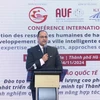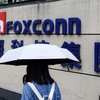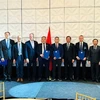 The high-end property segment in Hanoi is attracting many foreign investors and clients (Photo: VNA)
The high-end property segment in Hanoi is attracting many foreign investors and clients (Photo: VNA) Hanoi (VNA) – The real estate market in Hanoi is becoming a magnet for foreign investors, with the number of experts and entrepreneurs from abroad working in the capital city rising.
Market insiders said western and northern areas of Hanoi are attracting foreign investors. Notably, more and more customers from the Republic of Korea, Japan, Malaysia and Singapore are seeking to buy or rent high-end apartments in the west of the city.
Nguyen Phuc Thanh, an experienced investor, explained that the western side accommodates the headquarters of many ministries, sectors and major domestic and foreign businesses. It is also home to key facilities such as the Vietnam National Convention Centre and the National Sports Complex.
Additionally, transport infrastructure in the area is relatively modern and convenient for accessing inner areas and main roads to other provinces and cities, he noted.
Insiders also said the western area, including the My Dinh area, will remain a top destination for foreigners. More importantly, these clients have high requirements for property products, especially accompanying services, a boon for investors with high-end projects.
Meanwhile, the northern area has its own attractiveness in the high-end segment.
Nguyen Bich Trang, Director of CBRE Hanoi, said the north of Hanoi, even on the other end of the Nhat Tan Bridge, are developing strongly. In the next five to seven years, new residential areas will be built here and change the city’s real estate market, particularly mid- and high-end segments.
The higher development potential of high-end property in the north, compared to other areas, is thanks to certain geographical advantages, she said.
Echoing the view, Le Manh Cuong, a division head at the municipal Department of Planning and Architecture, said location is key for property value. Most big cities in the world also expand towards rivers or airports, and very few have developed away from them.
This is why residential projects in the south of Hanoi like Hoa Lac or Xuan Mai were not as successful as expected. Meanwhile, although many projects in the north, particularly on the other side of the Red River, are just in the planning stage, they have attracted attention from foreign investors and clients, he noted.
Statistics show that more than 82,000 foreigners live and work in Vietnam, and a large amount of them are in Hanoi.
According to a report of HSBC Vietnam, 29 percent of foreign experts working in the country said they were ready to spend their savings on house purchases. They are among the 30-percent potential buyers of high-end apartments and the two-percent potential buyers of luxury property.
The revised Law on housing, taking effect in 2015, has created more favourable conditions for foreigners to buy houses in Vietnam. More open policies to attract foreign investment have also enhanced the attractiveness of Hanoi’s real estate.
Experts said granting permission for foreigners to purchase housing is expected to encourage more types of real estate like investment, tourism and service property. This is beneficial to the economy, in line with international practices and a form of “exporting” property on site.
Commenting on the local real estate market, Director of Ciputra Group Budiarsa Sastrawinata said Hanoi is a potential market for big projects of different property types.
A recent big investment is a smart city project in Hai Boi and Vinh Ngoc communes of Dong Anh district. Implemented by a Japanese firm and a Vietnamese partner, it has total investment of more than 4.1 billion USD and is set to begin construction this October. It is one of the biggest foreign-invested projects in Hanoi in the first half of 2018.
According to the Ministry of Planning and Investment, foreign investors poured 5.9 billion USD into Vietnamese real estate between January and August, accounting for 24.2 percent of total registered foreign capital. That gave property second place among the 17 sectors receiving foreign investment during the period.
Hanoi was the biggest destination of the capital inflow, attracting 5.93 billion USD or 24.4 percent of the total.–VNA
VNA
